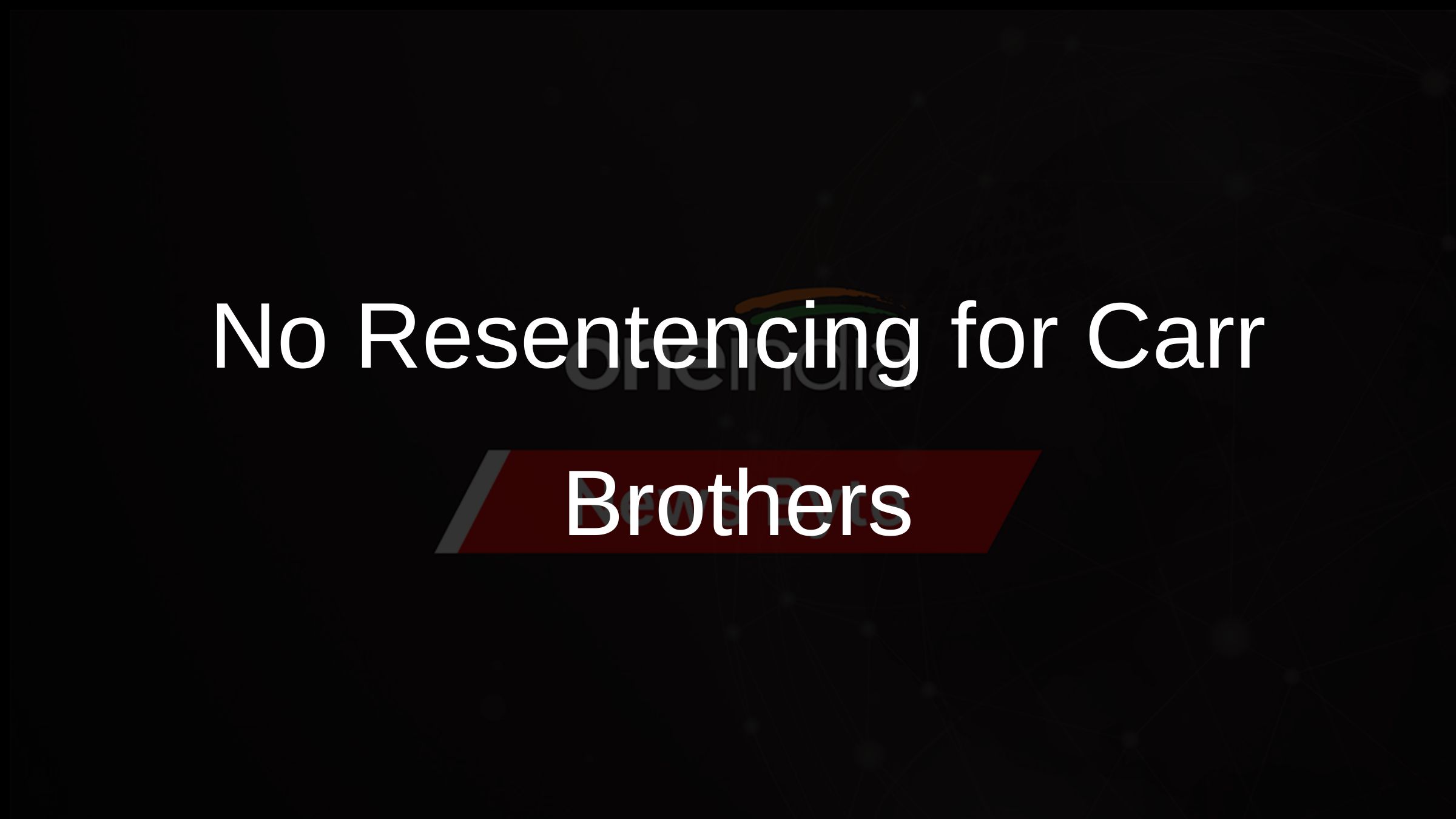
How the tragic death of a Karnataka dentist led to Ireland repealing abortion ban
Irelands Indian-origin Prime Minister Leo Varadkar declared victory in the countrys historic referendum to overturn a ban on abortions as the first official results showed over 66 per cent backing for repealing the amendment against terminations.
"The people have spoken. They have said we need a modern Constitution for a modern country," he said.

The Irish Taoiseach, as the prime minister is known, added that Irish voters "trust and respect women to make the right choices and decisions about their own healthcare".
"What we've seen is the culmination of a quiet revolution that's been taking place in Ireland over the past 20 years," he said.
A vote in favour of repealing the Eighth Amendment, which took place on yesterday, paves the way for the Dáil, or Irish Parliament, to legislate for change which would see the introduction of a much more liberal regime.
Results from the first four of 40 constituencies to declare showed 66.36 per cent voted "Yes" and 33.64 per cent voted "No", on a 62 per cent turnout, the central count centre in Dublin announced.
Support for "Yes" was at 77 per cent in Dublin Central, 69 per cent in Cork South-Central, 64 per cent in Cork North-Central and 60 per cent in Galway East.
Varadkar had earlier declared the country was set to make history as exit polls indicated an landslide victory for the yes vote to repeal the countrys stringent abortion laws in the landmark referendum.
According to an exit poll published by The Irish Times, 68 per cent voted in favour of abolishing the Eighth Amendment to the Irish Constitution that gives an unborn child and its mother equal rights to life. More than 4,500 voters were interviewed by Ipsos/MRBI as they left polling stations with the highest Yes vote expected in Dublin at 77 per cent.
The
complete
results
of
the
referendum
will
be
confirmed
later
today
after
the
count
is
completed.
"It's
looking
like
we
will
make
history,"
said
Varadkar,
as
the
exit
poll
results
poured
in.
While
the
two
main
parties
of
Ireland,
Fine
Gael
and
Fianna
Fáil,
did
not
take
official
positions
on
the
referendum,
politicians
were
permitted
to
campaign
on
a
personal
basis
and
Varadkar
had
been
campaigning
strongly
in
favour
of
a
Yes
vote.
"It has been an honour to be on this journey with you and to work #togetherforyes Thank you to everyone who voted today. Democracy in action, he said in an online message.
The 'Savethe8th' movement, which led the No campaign, had effectively conceded defeat.
What Irish voters did yesterday (Friday) is a tragedy of historic proportions. However, a wrong does not become right simply because a majority support it, it said in a statement.
Thousands of Irish people living abroad flew home to cast their vote in the historic referendum. The #hometovote push online grew steadily for several days leading up to the vote. The hashtag filled up social media as Irish citizens boarded planes in Buenos Aires, Bangkok, Tokyo, Sydney, Los Angeles, New York and from all across Europe and the UK.
Turnout in the referendum was on course to be one of the highest for a referendum in Ireland, topping the 61 per cent who voted in the plebiscite that backed same-sex marriage in the country 2015.
Penny Mordaunt, the UKs minister for women and equalities, welcomed the forecasted result. She tweeted: Based on the exit poll, a historic & great day for Ireland, & a hopeful one for Northern Ireland. That hope must be met.
Acknowledging an equal right to life for both the unborn child and the mother, the Eighth Amendment effectively prohibited termination in almost all cases, including rape, incest or fatal foetal abnormality.
One of the key cases influencing the debate on abortion in Ireland was that of Indian dentist Savita Halappanavar, who died of sepsis in a hospital in Galway after being denied an abortion during a protracted miscarriage in 2012.
Her husband Praveen had told her inquest she requested a termination but was refused because the babys heart was still beating. A midwife manager at Galway University Hospital confirmed that she told Halappanavar that a termination could not be carried out because Ireland was a Catholic country. The inquest into her death returned a verdict of medical misadventure.
I hope the people of Ireland remember my daughter Savita on the day of the referendum, and that what happened to her wont happen to any other family, her father Andanappa Yalagi said from his home in Karnataka.
Her death had triggered a massive debate in the country over the issue of life-saving abortions and resulted in a new law that allows abortions under extreme circumstances. The Irish Parliament voted to legalise abortion in cases of medical emergencies as well as the risk of suicide in July, 2013.
The referendum this week will take that further, and with a win for the Yes vote, the existing article of the Constitution which was inserted in 1983 and the 1992 additions will be replaced with this text: Provision may be made by law for the regulation of termination of pregnancy.
The Catholic church had strongly opposed repealing the amendment and Irish bishops warned in a joint statement, We believe that the deletion or amendment of this article can have no other effect than to expose unborn children to greater risk and that it would not bring about any benefit for the life or health of women in Ireland."


 Click it and Unblock the Notifications
Click it and Unblock the Notifications

































